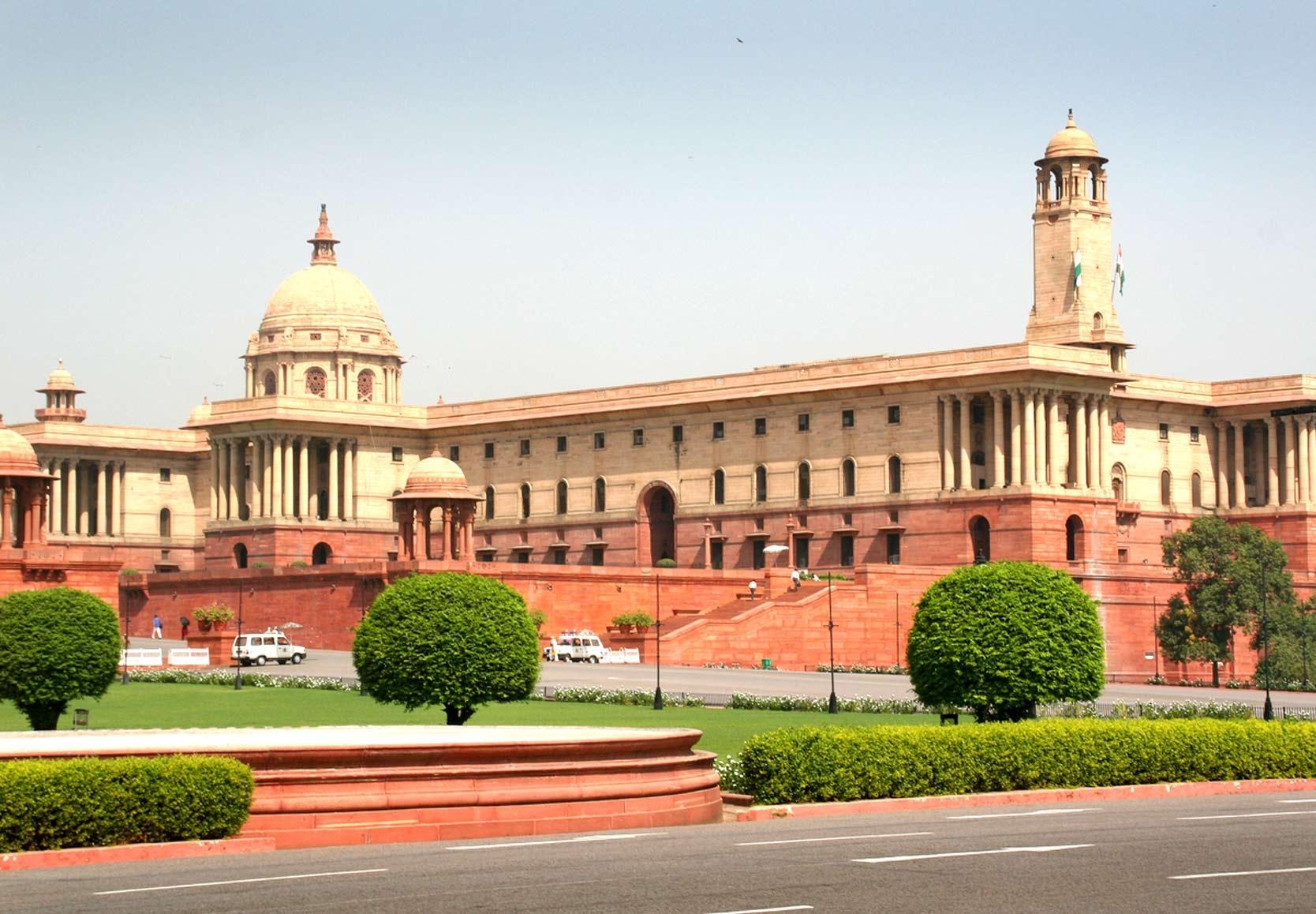The ICJ today condemned The Citizenship (Amendment) Bill 2019 passed by the Rajya Sabha (upper house of the Indian Parliament) on 11 December 2019, after the Lok Sabha (lower house of the Parliament) adopted it on 9 December.
The ICJ calls on India to reconsider and repeal, or substantially amend, the Bill to bring it in line with international legal obligations and Indian Constitutional principles.
“The implementation of this proposed legislation would violate core principles of non-discrimination, equal protection of the law and freedom of religion, guaranteed under international law and the Indian Constitution,” said Frederick Rawski, ICJ’s Asia Director.
The Bill amends the Citizenship Act, 1955, which governs questions of citizenship and aspects of lawfulness of migration status in India. While it purports to provide protection and shelter to religious groups such as Hindus and provides them paths to citizenship, it excludes from its ambit certain religious groups such as Muslims.
The Bill gives protected status to Hindu, Sikh, Jain, Parsi, Buddhist and Christian migrants from Pakistan, Afghanistan and Bangladesh, all Muslim-majority countries, who entered India on or before 31 December 2014. Similarly situated Muslims are categorized as “illegal migrants”.
Furthermore, the Bill provides to the above-mentioned religious communities and countries an expedited route of citizenship giving them the opportunity to be eligible for citizenship by naturalization if they have lived or worked in India for six years, as opposed to twelve years, as otherwise required.
“The Citizenship (Amendment) Bill creates two tiers of citizenship and migration status in India based on religion, with Muslims relegated to the lower end,” added Rawski. “This Bill, which entrenches discriminatory practices into law, must not be implemented unless substantially amended to provide for equal protection for persons of all religions or other status.”
The legal framework for citizenship identified by this Bill is incompatible with bedrock rule of law and democratic principles. It is highly discriminatory and arbitrary, and manifestly fails to satisfy the State’s obligations under international human rights law, including the International Covenant on Civil and Political Rights (ICCPR), to which India is a party.
The arbitrary inclusion of some groups while excluding others violates Article 14 of the Indian Constitution and Article 26 of the ICCPR. India’s international obligations require that its regulation of citizenship under domestic law be compliant with the principle of non-discrimination, equality before the law, and equal protection of the law without discrimination on the grounds of, inter alia, race, religion, or ethnic or national origin. This Bill, which provides for differentiated criteria for citizenship and other legal protection based on membership of religious group, complies neither with international law nor Indian constitutional law.
The arbitrary inclusion of some groups while excluding others would only be permissible under Article 14 of the Indian Constitution and Article 26 of the ICCPR if the classification is founded on an intelligible differentia between the group excluded and the group that is included, and (ii) the differentia has a rational relation to the objects sought to be achieved by the Act.
The Bill claims religious persecution as the ground of reasonable classification, but then arbitrarily excludes several similarly situated and widely persecuted religious minorities such as Ahmediya Muslims and Shia Muslims from Pakistan and Bangladesh, Rohingyas from Myanmar, Hazaras from Afghanistan from its protective ambit. It therefore does not meet these criteria under the Indian Constitution and international law.
The adoption of the Bill comes as the Ministry of Home Affairs of the Indian Government issued a directive on August 8, 2017 to state governments to “identify and deport” 40,000 Rohingya refugees from Myanmar, which has led to deportation of 7 Rohingya men to Myanmar already.
In addition, the Indian Government has indicated that it will pursue nationwide National Register of Indian Citizens, which will likely exclude numerous people, many also Muslim, who should be recognized as Indian Nationals. A similar exercise undertaken in Assam earlier this year was an arbitrary and discriminatory process that rendered some 1.9 million people stateless. This violates international law and standards which protects the right to nationality and safeguards against statelessness.
Contact
Frederick Rawski, ICJ Asia-Pacific Director, t: +66 64 478 1121; e: frederick.rawski(a)icj.org
Maitreyi Gupta, ICJ India Legal Adviser, t: +91 77 560 28369 e: maitreyi.gupta(a)icj.org





